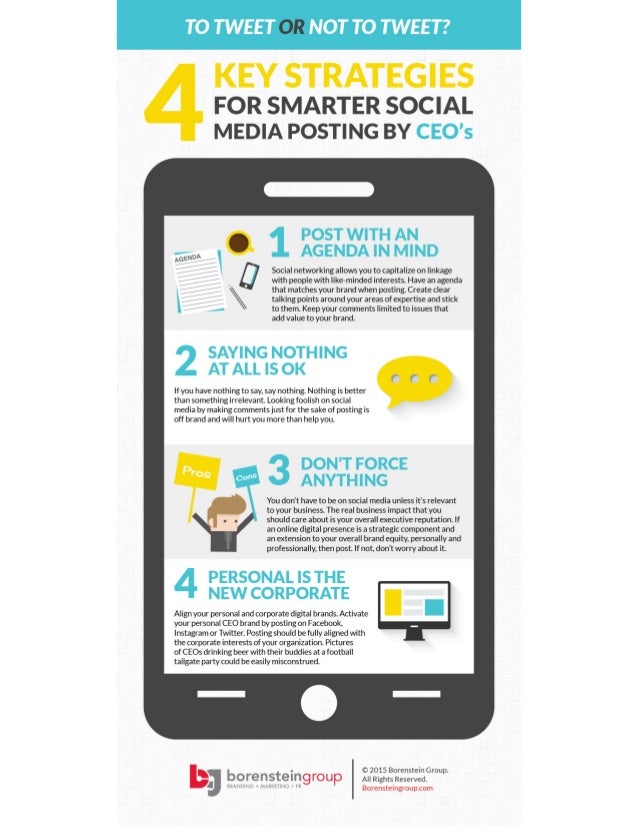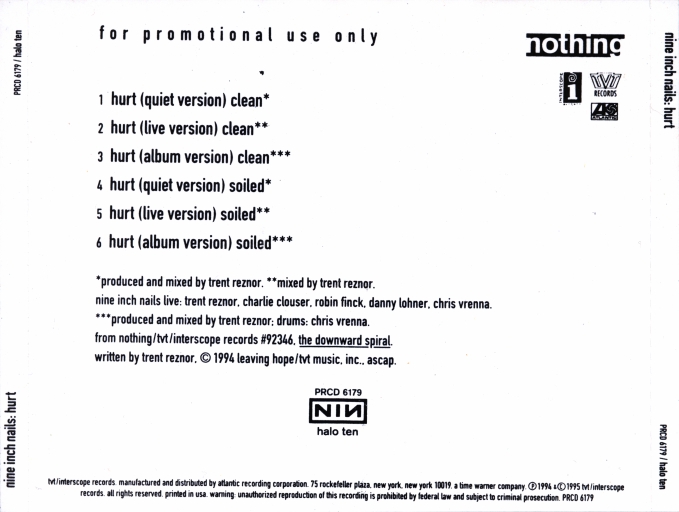Do not post on social media
10 Things You Should Never Post on Social Media
The Internet is public. Remember that. So even when you think you are posting something privately, once it is released into the Internet ether, it is out of your control and potentially can be used against you in the future. This is especially important in a job search. Even though a future employer (assuming they are not the government) may not be able to access your private posts, it is common to begin including future coworkers as friends. They will have access to your stuff. Keep it clean.
With that in mind, here is a list of things you should never post on social media:
1. Profanity
The language you use on social media is usually the same type of language you'll use when casually interacting with coworkers. A minor four-letter-word once in a while isn't a crime, but do you want that to be part of who you are, even among friends? Keep it clean. Better yet, eliminate profanity from your online
and offline vocabulary.
2. Abusive Content
Social media can be a great place to share opinions, but if your feed is full of arguments and rants, you may come across as an overly negative person, not the kind of employee companies want in their office.
3. "Adult" Content
A snapshot on the beach is probably fine but it's alarming how many people think nothing of posting photos of themselves in their underwear (or less!). The Internet is a public place, even when you think you are sharing privately. So, before posting a selfie, consider if you are OK with being seen like that in the office.
4. Illegal Content
Not only could this get you disqualified for a job, it may land you on America's Stupidest Criminals. Worse yet, you could be arrested if authorities see credible evidence of certain kinds of illegal activity. Try explaining THAT to a potential employer during background checks.
5. Offensive Content
Racism, sexism, and other forms of discrimination should have no place in your life. Even if you're joking, think twice before sharing something that could be seen as bigotry. And then don't share it.
6. Negative opinions about your job / employer / boss / professor
A comment about how you hate your job could cause future employers to wonder if you really like the work you are doing or not. A comment about your "stupid boss" could cause your application to simply disappear.
7. Drug related content
Some employers may require you to pass a drug test as a hiring condition. You won't even get that far if you share this kind of post publicly.
8. Poor grammar
Forget about dangling participles and comma splices. If you don't know the difference between "your" and "you're", it's time to learn. Communication, and written communication in particular, is an important part of professional life. If you can't communicate effectively, employers won't want you to communicate for them.
If you can't communicate effectively, employers won't want you to communicate for them.
9. Poor spelling
Like #8, poor spelling makes you look unintelligent. Spell check helps but how many typos do you let slip through when you post on social media?
10. Threats
No, it's not OK to threaten others, no matter their position. Wishing someone ill, whether it is a friend, family member, colleague, politician, celebrity, whatever. If you don't like someone else, social media is not the place to be hurling threats of any kind.
Do any of these categories remind you of posts you have made in the past? Seek them out and delete them. If you're not completely sure, take the time to review your profiles and posting history.
Remember that social media is public, even if you restrict the privacy settings. If you are ever in doubt of this, think back to all of the private social media posts that were made public when someone commits a crime. The government (and other agencies) may have access to this in advance of employment, so keep it clean. And, even after you start, you will likely friend your coworkers, who will have access to your past posts, including that wild party where you were tagged. Keep it social, yet keep it clean.
The government (and other agencies) may have access to this in advance of employment, so keep it clean. And, even after you start, you will likely friend your coworkers, who will have access to your past posts, including that wild party where you were tagged. Keep it social, yet keep it clean.
12 Things You Should NEVER Post On Social Media
The world of social media is a wonderful place. It’s great to post pictures of your day out on the beach, showcase your proud cooking skills, or capture memories of your family. However, like any public platform, it needs to be used responsibly. Certain things aren’t only unadvisable to post on social media but can cause a lot of harm. Make sure you use social media only for good and keep any sensitive information for your eyes only.
Your Live Location
Posting where you are at that present time is a big no-no on social media. Mainly because it opens you up to a world of vulnerability. When you post that you’re visiting family rather than snuggled up on your sofa, it will give people the heads-up that your house is unoccupied, making it ideal for a potential break-in.
Take a picture of your trip out, but post where it is after you’re safe and sound. Ex-partners, estranged family members, and even strangers will be able to locate you with one post. It also makes it easy for people who don’t know you to find where you are.
Pictures of Kids with Their Names
Whether you should post photos of children on social media remains a controversial topic, but one clear thing is not to name your kids or anyone else’s. One reason is that you’re taking away a child’s consent and privacy before they’re at an age when they can understand.
It can also lead to strangers or even people within your social circle learning things about your children that you might want to keep under wraps. The last thing you want is someone telling a kid that they know their name, their parent’s names, and where the child lives. Children are susceptible and will easily trust adults they think know best.
Keep children protected and keep their names off social media.
Your Relationship Status
It seems strange, but unfortunately, posting that you’re single can cause a spam of inappropriate propositions from other people. It may also indicate that you live alone or you’ll be alone during certain times of the day. If you want people to know you are available, it’s best to keep it to dating platforms where people are looking for the same kind of relationship, and the rest of your information is confidential.
Complaints About Work
We’ve all had a bad boss or a stressful and challenging job, but posting on social media about it is never a good idea. Not only does it shows a complete lack of communication in the workplace, but it’s also disrespectful to your boss. If you’re overworked, talk to your manager or look for a position better suited to you.
It’s worth bearing in mind that some jobs will not allow you to post where you work for safety reasons. For example, if you work for a bank or school. The reason is that someone may take advantage of your situation and threaten or groom you for their gain.
Having a moan about the workplace may seem harmless, but it could cost your job. Complain to your friends over a beer, but never online!
Exactly When and Where You’re Going on Vacation
Everyone loves a trip to Bali, but posting that you’ll be leaving in two weeks and you’ll be gone for seven days isn’t the best idea. Firstly it lets people know where you are at what time, but it also puts your house at risk. Break-ins are most common when people go away on holiday, so put those vay-cay pics up when you’re back.
Inappropriate Photos
People can get fired for misconduct on the internet. A lot of workplaces see their employees as an extension of the company. So, when you post a picture of yourself in your pants dancing on the table, you’re essentially representing them too.
While that’s not a problem for some companies, others will take it very seriously. Best to keep your tabletop dancing amongst friends.
Illegal or Offensive Content
It’s incredible how easily people forget that social media is a public place that almost anyone can access.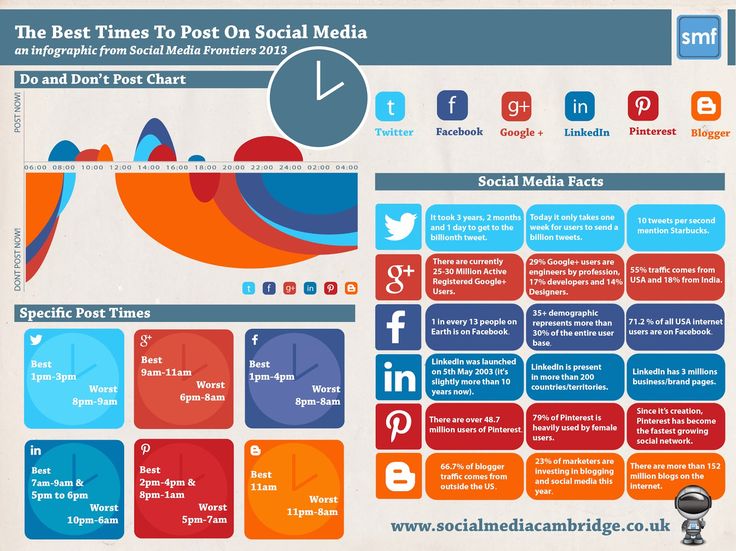 Even if you keep your accounts private, it doesn’t mean someone won’t find your posts and party pics.
Even if you keep your accounts private, it doesn’t mean someone won’t find your posts and party pics.
Don’t rave about the shinanigans you and your friends got up to over the weekend if it isn’t PG-appropriate. It may come back to bite you.
Whereas some people are savvy about keeping illegal content on the DL, they may think posting offensive content is okay. Jokes that are sexist, racist, or homophobic are unacceptable anywhere, and you most certainly should not post them online for everyone to see. You don’t know who it will affect, and work, friends, and family won’t look at you favorably.
Threats
Even if it’s an empty threat, rants and arguments on your social media show what kind of person you are. Negativity and heated disputes display a lack of self-control and a quick temper. You may also say something you regret, and, unlike in-person communication, it’s not so easy to take it back.
Any Personal Details
Personal details like your dog’s name and long walks on the beach are fine.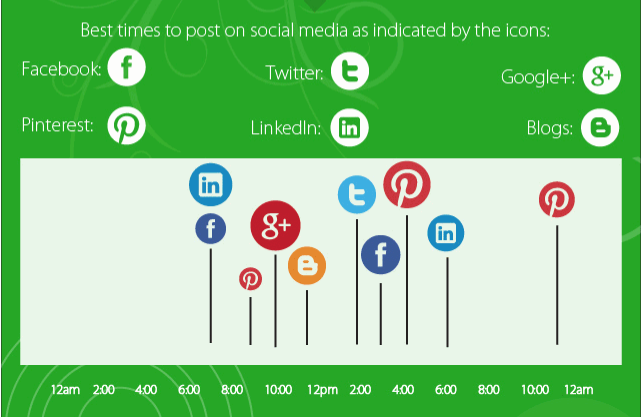 But anything like your home address, telephone number, and email are best kept private unless you give it to someone you trust.
But anything like your home address, telephone number, and email are best kept private unless you give it to someone you trust.
Photos of Your Friends Without Their Permission
There are many reasons someone may not want you to post a picture of them online. Your friends may not want specific images on social media for various reasons. Maybe they want to keep their account professional, they don’t want to be located by someone, or they just dislike the photo! If they say no, then you need to take the request seriously. You must also get permission from someone if you took a picture without their knowledge.
Bank Information
People have posted photos of their credit cards on social media. It may be exciting to get your first credit card, moan about your debt or celebrate an 8-figure salary, but don’t post any details online! Any sensitive information made publicly opens you up to identity theft and fraud.
Sharing Private Things About Your Friends
If you’re having a private conversation with your best mate, don’t post it on social media. They could be going through a difficult time and confiding in you. Maybe it’s a marriage, losing a loved one, or the daily stress of life. However, if your friend tells you something in confidence, keep it confidential! You will not only break their trust by adding it to social media, but you could also hurt someone else’s feelings in the process.
They could be going through a difficult time and confiding in you. Maybe it’s a marriage, losing a loved one, or the daily stress of life. However, if your friend tells you something in confidence, keep it confidential! You will not only break their trust by adding it to social media, but you could also hurt someone else’s feelings in the process.
- Author
- Recent Posts
Emma Carey
Emma is a wellness & lifestyle blogger and copywriter, specializing in self-growth and female empowerment. She has three years of experience writing for women’s magazines and websites and is completing an MSc in Creative Writing for Therapeutic Purposes. Her most outstanding achievements include running a WordPress website, writing for a small start-up businesses and learning how to rewire a plug. She wants her readers to feel like they're having a conversation with the girls, whether that be laughing, crying, or a good old moan about adulting.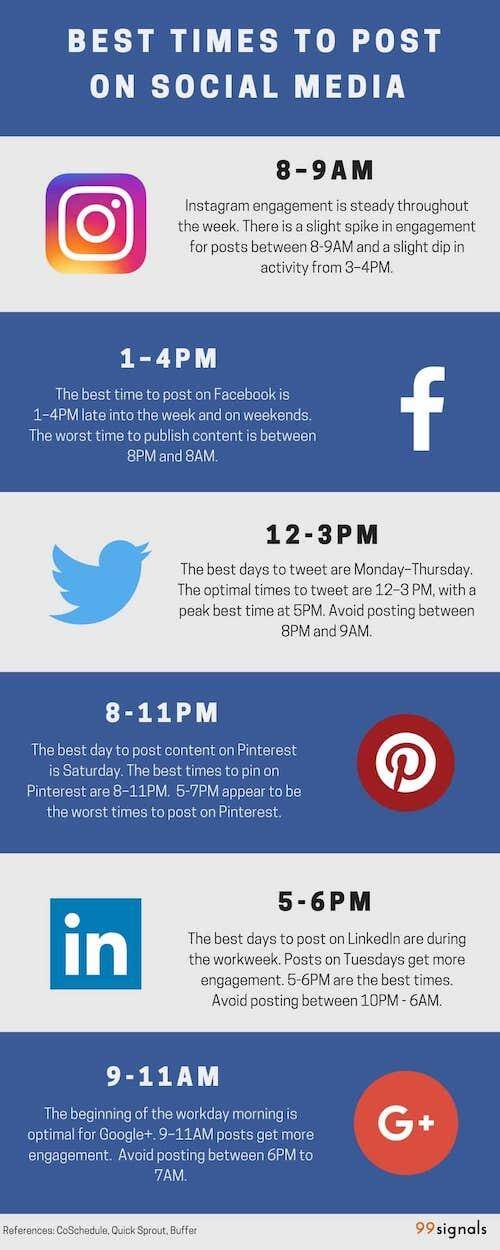
(hot-tip: no one has a clue).
Latest posts by Emma Carey (see all)
Social media posting in Dynamics 365 Marketing (Dynamics 365 Marketing)
Feedback
Twitter LinkedIn Facebook E-mail address
- Article
- Reading takes 3 minutes
Dynamics 365 Marketing can schedule and post messages directly to your organization's social networking site account. Marketing's powerful social media post builder allows you to create rich content to engage your audience. Use Settings Social Media Posts to write and schedule your posts.
Hinweis
Before you can start posting, your administrator must set up and authenticate each social network account you will post to.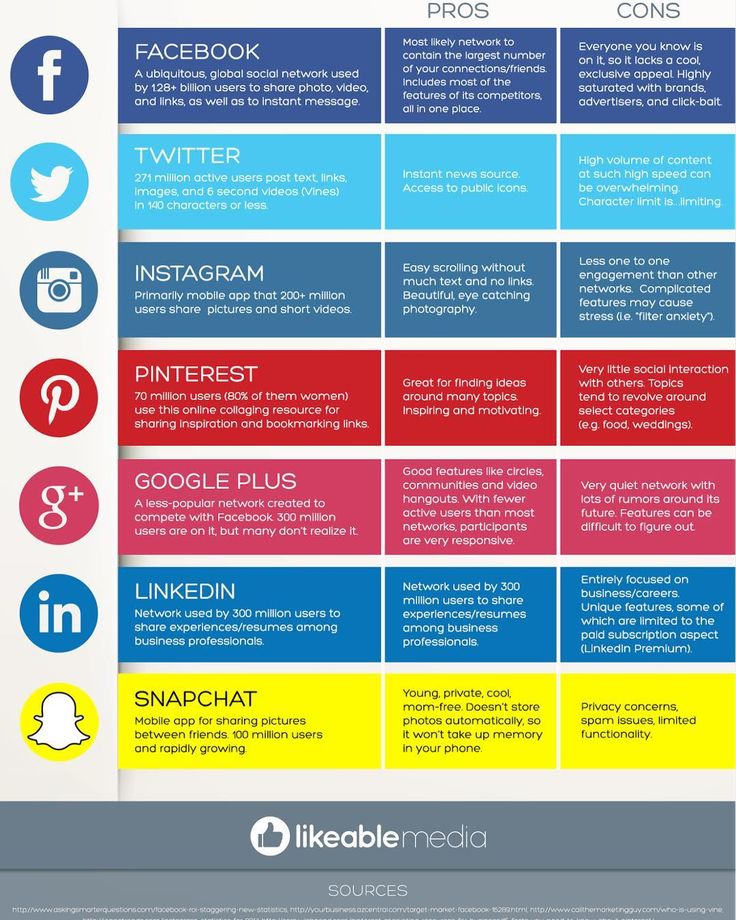 Read more: Setting up social media accounts
Read more: Setting up social media accounts
Scheduling and posting
Use the Social Posts entity to write and schedule your posts. You can post to any social network account that an administrator has configured in Dynamics 365 Marketing and is authenticated.
To schedule and post to one of the social media channels:
-
Select Marketing > Marketing Execution > Social Posts .
-
Opens the calendar. Messages that have already been posted are not available and are grayed out. Scheduled posts have icons to quickly identify which social networks the posts are directed to. Perform one of the following actions.
- To schedule a social network post using the calendar, select the calendar view (month, day, or week), select the day or time interval to highlight it, then select again (click or press Enter) and select New item in the context menu.
 Read more: Working with marketing calendars
Read more: Working with marketing calendars - To schedule a post using the date picker or post immediately, select Create on the command bar.
- To schedule a social network post using the calendar, select the calendar view (month, day, or week), select the day or time interval to highlight it, then select again (click or press Enter) and select New item in the context menu.
-
A new social network entry will be created. Set the following parameters:
- Name . Enter an internal name for the entry. This name will appear on the calendar, but will not appear on the entry itself.
- Social media channel : Select the social media channel where you want to post the message (eg Facebook, LinkedIn or Twitter). This drop-down list only shows channels that have been set up by an administrator in Dynamics 365 Marketing. If you don't see the channel you're looking for, contact your administrator. Read more: Setting up social media accounts
- Social network configuration : Select the specific account where the message will be posted. This drop-down list shows all accounts for the selected channel that an administrator has configured in Dynamics 365 Marketing and is authenticated.
 If you don't see the account you need, contact your administrator. Read more: Setting up social media accounts
If you don't see the account you need, contact your administrator. Read more: Setting up social media accounts - Message : Enter the text content of your message.
- The countdown will tell you how many characters you have left. Use the countdown to match the length of your message to the requirements of a social network such as Twitter.
- You can improve your messages with Emoji.
- You can use hashtags to tag your posts on social networking sites.
- Multimedia : If you want to include an image in your entry, select the button Add media .
- Preview : On the right side of the builder, you will see a rendered preview of your social media post. The preview matches the selected social network formatting.
-
When you have finished creating your entry, select one of the following buttons at the bottom of the page:
Change, reschedule or cancel a post
You can change, reschedule or cancel any post that hasn't been sent yet. Simply find and select it on your calendar to open the entry, then change options or select Remove from the command bar.
Simply find and select it on your calendar to open the entry, then change options or select Remove from the command bar.
Messages that have already been sent are read-only and therefore cannot be edited or moved, but can be deleted from the calendar if desired. Deleting a message that has already been sent will remove it from your calendar and social networking sites.
> [!NOTE] > Posts that were made to the Instagram channel cannot be removed by the Marketing app; Instagram does not provide this functionality. To remove the post from Instagram, go to Instagram and manually remove it.
Hinweis
What is your documentation language preference? Complete the short survey (please note this survey is in English).
The survey will take approximately seven minutes. No personal data is collected (privacy statement).
Feedback
Send and view feedback on
This product This page
View all reviews per page
Can social media posts be considered evidence?
The parties to the litigation, defending their case, increasingly appeal to the information contained in social networks.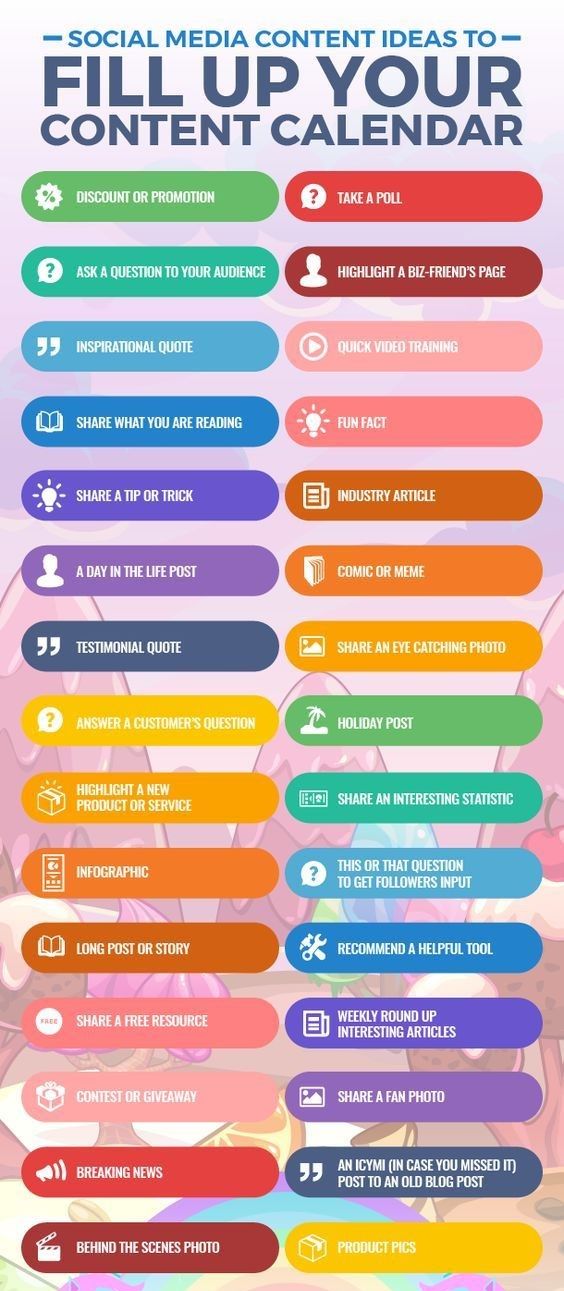 They draw the attention of the judges to the content of the correspondence, photographs, and even to the fact that certain persons are friends with the opponent. We will figure out whether information from social networks can be considered evidence in the case.
They draw the attention of the judges to the content of the correspondence, photographs, and even to the fact that certain persons are friends with the opponent. We will figure out whether information from social networks can be considered evidence in the case.
It is already hard to imagine the modern world without social networks, which make it possible to make communication between people more accessible and comfortable. Having appeared relatively recently, these means of communication have been able to largely draw on user traffic due to the ability to exchange messages, photos, music and videos for free. Social networks began to conquer their niche in the legal field. Let's find out how the judges feel about the links of the parties to messages in social networks.
Scope of use
Bailiffs are probably the most active users of blogs and social networks. They help to collect information about the wanted debtors, their location and occupation (clause 2. 2 of the Guidelines for using the Internet to search for information about debtors and their property (approved by the FSSP of Russia on November 30, 2010 No. 02-7)).
2 of the Guidelines for using the Internet to search for information about debtors and their property (approved by the FSSP of Russia on November 30, 2010 No. 02-7)).
Banks, collection agencies and other lenders can use social media to persuade their debtors to pay off their debts. To do this, they can post information about the amount of his debt, the number of days of delay, etc. directly on the debtor's page on the social network. Some even write private messages to the debtor's friends and post information in the groups in which he is a member. Such a measure, of course, may be ineffective if the debtor does not intend to pay in principle. However, it can also have a positive effect on the contrary. A debtor who has discovered such information on a social network will hardly be able to demand its refutation and an apology from the creditor, any compensation, etc. If the debt is indeed not repaid, the court will almost certainly come to the conclusion that the publication of such information does not violate the rights of the debtor (decision of the Golovinsky District Court of Moscow dated December 1, 2014 in case No.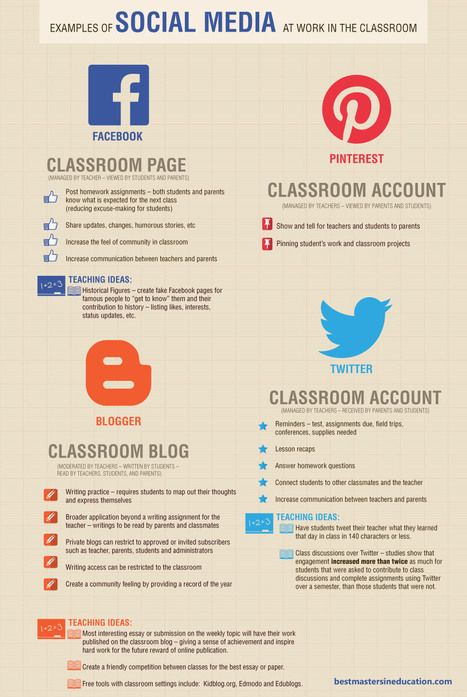 2-6038 / 14).
2-6038 / 14).
Spending is not allowed!
As you know, audio recordings can be made during court hearings. Accordingly, a representative can transfer audio recordings to his principal to evaluate the effectiveness of his actions and control the process. In addition, the court may also indicate that if a qualified representative is available, the plaintiff does not need to spend large amounts on travel to the place of the case, accommodation, etc. It is much more economical to keep in touch, negotiate and give instructions to the representative using free Internet resources: Skype, FaceTime, Viber, etc.079/2013).
Social network friends
Information about who is friends with whom is sometimes used by traffic offenders as evidence of the bias of traffic police officers. For example, one violator considered that his case was considered biased, since the traffic police inspector and the witness are friends in the Odnoklassniki network. The court did not agree with this argument.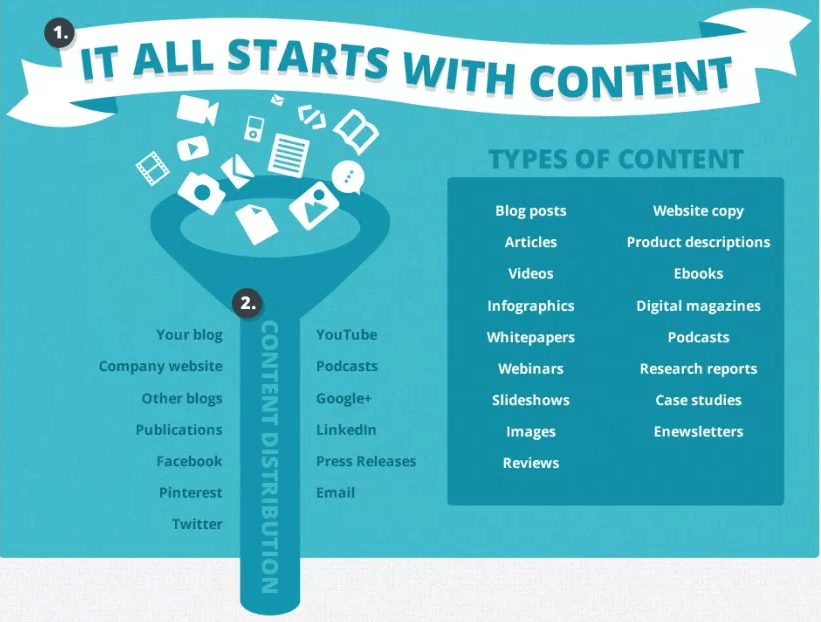 By itself, this fact does not mean that the witness is biased (decision of the Altai Regional Court dated December 12, 2014 in case No. 4a-1003/2014).
By itself, this fact does not mean that the witness is biased (decision of the Altai Regional Court dated December 12, 2014 in case No. 4a-1003/2014).
Moreover, being friends on a social network does not even indicate the presence of friendly relations, unless there are joint photos from which this becomes obvious. So, when deciding on the objectivity and impartiality of a judge of a lower court, the supervisory authority took into account and took into account the presence of photographs from Odnoklassniki posted by the judge himself, where he was captured with a plaintiff. The judge and the plaintiff were graduates of the same school and were registered on the personal pages of the site as friends. In this regard, the higher court questioned the impartiality of the judge and canceled his decision (decree of the Presidium of the Ryazan Regional Court dated November 22, 2011 No. 44-g-131).
Correspondence and photos on the net
The court accepts printouts from social networks for examination on a general basis. At the meeting, he can directly examine their content, however, such evidence must meet the requirements of relevance, admissibility and reliability. Thus, the Tula Regional Court did not refuse to attach photographs from the Odnoklassniki and Vkontakte networks to the case file in the case of moving in and not obstructing the use of an apartment. However, having evaluated them along with other evidence, the court indicated that the photographs did not indicate the plaintiff's permanent residence in the disputed apartment, and dismissed the claim (appeal ruling of the Tula Regional Court dated October 11, 2012 in case No. 33-2780).
At the meeting, he can directly examine their content, however, such evidence must meet the requirements of relevance, admissibility and reliability. Thus, the Tula Regional Court did not refuse to attach photographs from the Odnoklassniki and Vkontakte networks to the case file in the case of moving in and not obstructing the use of an apartment. However, having evaluated them along with other evidence, the court indicated that the photographs did not indicate the plaintiff's permanent residence in the disputed apartment, and dismissed the claim (appeal ruling of the Tula Regional Court dated October 11, 2012 in case No. 33-2780).
If social media printouts are used to prove more significant facts than establishing friendships, then they are more likely to be rejected by the court as evidence. Let's take an illustrative example.
Court practice
A citizen took a loan from a bank for his friend, having agreed with him that he would buy an apartment and then gradually repay the debt.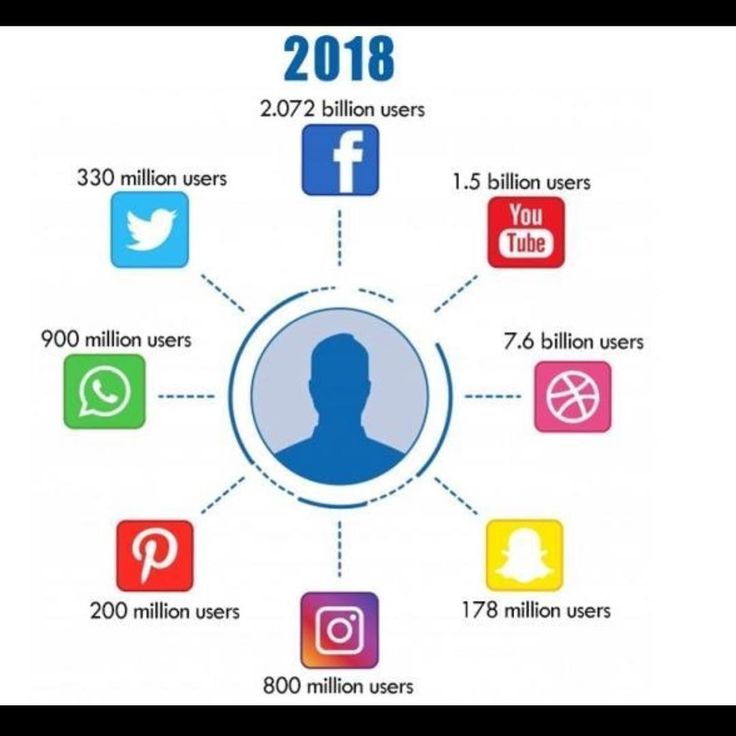 He received credit funds, handed them over to his friend, who bought an apartment, but did not return the debt. The borrower owed the bank.
He received credit funds, handed them over to his friend, who bought an apartment, but did not return the debt. The borrower owed the bank.
He had no choice but to sue his friend who bought the apartment. Since no evidence of the transfer of money to the owner of the apartment was found, the court dismissed the claim. As evidence, he did not accept correspondence on the Odnoklassniki social network, where the defendant acknowledged his debt. The court pointed out that the printout of the correspondence did not meet the principles of reliability, relevance and admissibility of evidence (appellate ruling of the Khabarovsk Regional Court dated November 28, 2014 in case No. 33-7473/2014).
The court will not accept as evidence correspondence in the social network and in other cases.
Judicial practice
The court dismissed the claim for the recovery of rent and utilities, indicating that the plaintiff did not provide any evidence that the defendant actually lived in his apartment.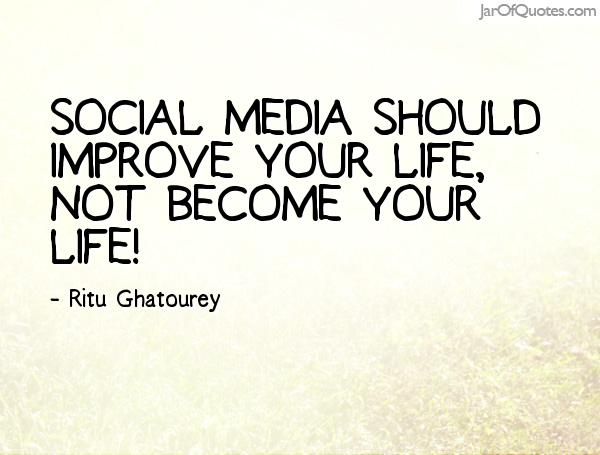 The plaintiff brought to court an unsigned contract, which had no effect. The decision to refuse to initiate a criminal case was not accepted by the court for a formal reason due to the fact that it was not presented in the first instance.
The plaintiff brought to court an unsigned contract, which had no effect. The decision to refuse to initiate a criminal case was not accepted by the court for a formal reason due to the fact that it was not presented in the first instance.
The court also did not accept the printout submitted by the plaintiff from the Odnoklassniki social network, citing the fact that it does not allow establishing the relevance of this evidence to disputable legal relations (determination of the Primorsky Regional Court dated November 11, 2014 in case No. 33-10008).
Confirmation of the transfer of money
If someone tries to prove the fact of the transfer of money with the help of correspondence in a social network, one can only wish him good luck. As practice shows, courts take into account only payment documents (money transfer applications, payment orders, account statements, receipts, etc.). It is also impossible to confirm the transfer of money with witness testimony.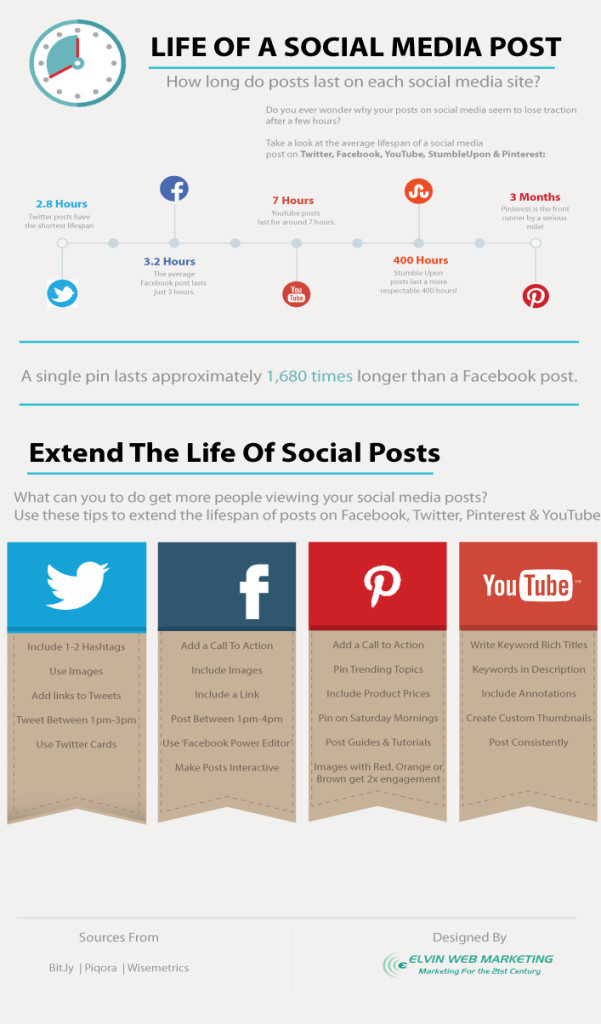 As for the correspondence on the social network, it can only strengthen the evidence base, but by no means be the only evidence that the court will evaluate critically.
As for the correspondence on the social network, it can only strengthen the evidence base, but by no means be the only evidence that the court will evaluate critically.
This is all the more true when the correspondence is chaotic, and its participants wrote about a lot and discussed a large number of various issues. In such a situation, the court may point out that it is generally impossible to establish from the submitted correspondence on the social network what kind of legal relationship we are talking about (appeal ruling of the Nizhny Novgorod Regional Court dated July 30, 2013 in case No. 33-6574 / 2013).
Anyone can register an account
It's no secret that a person can register on a social network under any, including fictitious, name and surname, or by indicating the data of a completely different person and even posting his photo. The network administrator does not carry out any identification. It is impossible to do this, if only because the number of social network users is in the millions. Network administrators disclaim all responsibility, indicating in the user agreement that it is the users themselves who are responsible for the accuracy of the specified data.
Network administrators disclaim all responsibility, indicating in the user agreement that it is the users themselves who are responsible for the accuracy of the specified data.
In this regard, it is impossible to reliably state that, for example, the letters belong to a specific person. There is always a risk that an account registered on a social network will turn out to be fake. An exception is the case when the defendant in the case does not deny that the account is really his and that it was he who wrote certain letters and indicated certain information in them. This fact can be established, for example:
- from ordinary correspondence with an opponent or with third parties;
- from the response of the social network administrator, at the request of the court, to the question of which phone was linked to the account;
- from information on whose name the bank card was issued with which social network services were paid for, etc.
When a notary will not help
A participant in a dispute will not be helped even by notarization of his correspondence with an opponent on a social network. Firstly, the information itself about incoming and outgoing letters is stored on the site if it is not deleted. In the event of a dispute, you can bring the usual printouts and ask the court directly in the meeting to allow access to the account in order to demonstrate the correspondence. This makes going to a notary public a waste of time and money.
Firstly, the information itself about incoming and outgoing letters is stored on the site if it is not deleted. In the event of a dispute, you can bring the usual printouts and ask the court directly in the meeting to allow access to the account in order to demonstrate the correspondence. This makes going to a notary public a waste of time and money.
Secondly, if the participant in the dispute has no other evidence, and a printout from social networks is all that he has, then notarization will certainly not save it. The court will simply reject such evidence with reference to the fact that although it is reliable (that is, there is a notarization), it is not relevant and not admissible.
Judicial practice
The court ordered the defendant to fulfill obligations to the plaintiff under the contract for photographing the wedding celebration. In violation of the terms of the contract, the defendant did not hand over to the plaintiff the photobook that he had promised to make.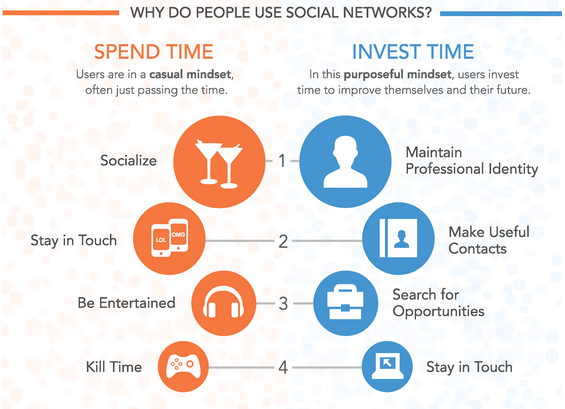
From the correspondence in social networks presented by the defendant, certified by a notary, it clearly did not follow that the defendant handed over to the plaintiff the final result, including color correction, retouching, etc. From the correspondence, it directly followed only that the parties discussed the progress of the task, but not the fact of transferring the finished result of the work to the plaintiff. Since the defendant did not present any other admissible and relevant evidence, the court satisfied the claim (appellate ruling of the Voronezh Regional Court dated 29.07.2014 No. 33-3981).
If there is other evidence
The situation will be completely different if, in addition to correspondence on the social network, the participant in the dispute has other evidence that confirms his position. In such a situation, the court is likely to take the content of the correspondence into account when making its decision. It will not be the main one among the arguments “for”, however, it will certainly strengthen the position, especially if the procedural opponent does not directly refute it.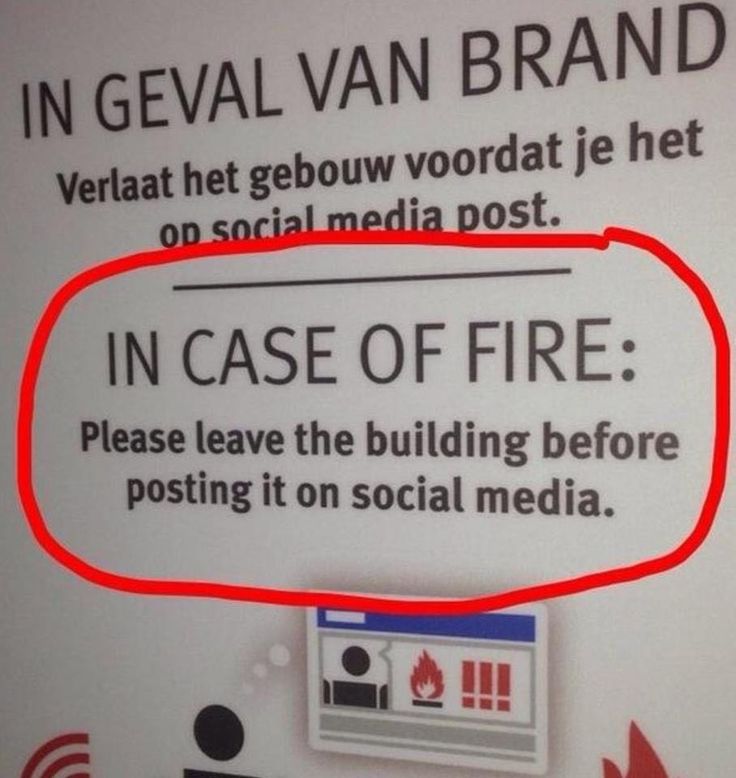
Court practice
The court recovered from the defendant the unearned advance payment under the contract for video filming of the wedding, since he received an advance payment, but did not fulfill his obligations. The court exacted from him the amount of the principal debt, the penalty and compensation for non-pecuniary damage. At the same time, the court rejected the defendant’s argument that the Law of the Russian Federation of February 7, 1992 No. 2300-1 “On Protection of Consumer Rights” could not be applied to the dispute, since he was not engaged in commercial activities, and shooting video clips was a common hobby for him.
This argument was refuted by an extract from the USRIP, according to which the defendant was registered as an entrepreneur. One of his activities was declared just “film production”. In addition, the court took into account the correspondence between the plaintiff and the defendant on the Vkontakte social network, from which it directly followed that the defendant had been filming weddings for a fee since 2011.